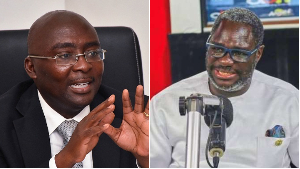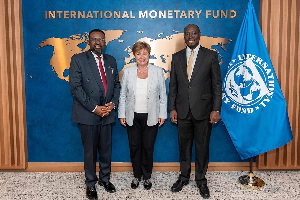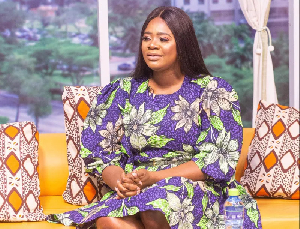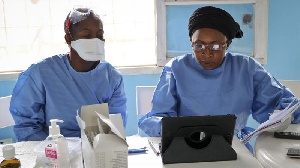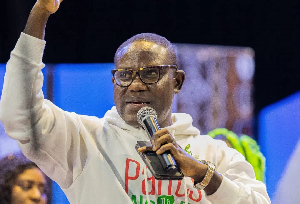A GNA Feature by George Wiafe,(Student Journalist)
Accra, Sept. 22, GNA - Ten years after the liberalization of the airwaves, one wonders whether the spate of Radio phone-ins has been a blessing or a curse to Ghana's democracy.
Recently, many Ghanaians have expressed their misgivings about phone-ins, especially in this election year. Phone-in programmes have brought numerous advantages to the country, especially those on political issues, by making sure the politicians are accountable to their electorate, helping the minority views to be heard.
However, there have been calls for it to be banned because many people think it has the tendency to turn the nation "upside down" and destroy our young democracy if care is not taken.
Most people believe that the fear stems from the unguarded comments and statements people pass on issues on the airwaves.
Mawuli Nuworpor, who once wrote a feature in the "MEDIA MONITOR" about debate on phone-ins said that concern stems from the fact that some of the phone in programmes particularly those on politics have attracted unguarded and irresponsible contribution from callers.
But with all these criticisms leveled against Radio Phone-ins it is said that phone-ins have provided the "voice" to many people to air their views.
Phone-in programmes cover a wide range of issues - Human rights, politics, corruption, health, arts, religion and education.
Some eminent personalities like the Chairman of the National Commission for Civic Education (NCCE) Mr. Larry Bimi, added his voice to this debate when he called for the ban of radio phone-in programmes until the December Elections were over. He added that the ban was necessary because radio anchors or moderators of phone-in programmes did not have the mechanism to prevent defamatory statements and comments that were likely to foment trouble from being aired.
He explained that some of these careless utterances during such programmes could only bring about violence and breach the much-needed peace for the elections.
But many people argued that stopping people from airing their views on radio doesn't amount to infringing on their right to freedom of expression since there were other means of having free expression. Indeed Article 21 clause 2, sub section 1 of the 1992 Constitution states "All persons shall have the right to: Freedom of speech and expression, which shall include freedom of the press and media But one thing we should acknowledge is that freedom goes with responsibility and people should learn to be responsible if they want to enjoy freedom.
That is why the late Martin Luther King Jr. US Civil Rights Leader once said, " Freedom is an expensive thing" so Ghanaians must learn to "pay" for the freedom of speech that they want to enjoy.
Many people are of the view that stopping radio phone-in programmes would not prevent people from expressing their views because radio is not the only medium through which people can express their views.
However, many people have seen radio phone-in programmes as a curse rather than a blessing in the development of our young democracy. Indeed radio phone-in programmes can provide vital feedback for decision making by leadership at all levels Banning them would be like throwing the baby away with the bathwater.
Rather, the answer lies in providing better education and training to the presenters to help then to moderate the programmes better.
Opinions of Wednesday, 22 September 2004
Columnist: GNA


